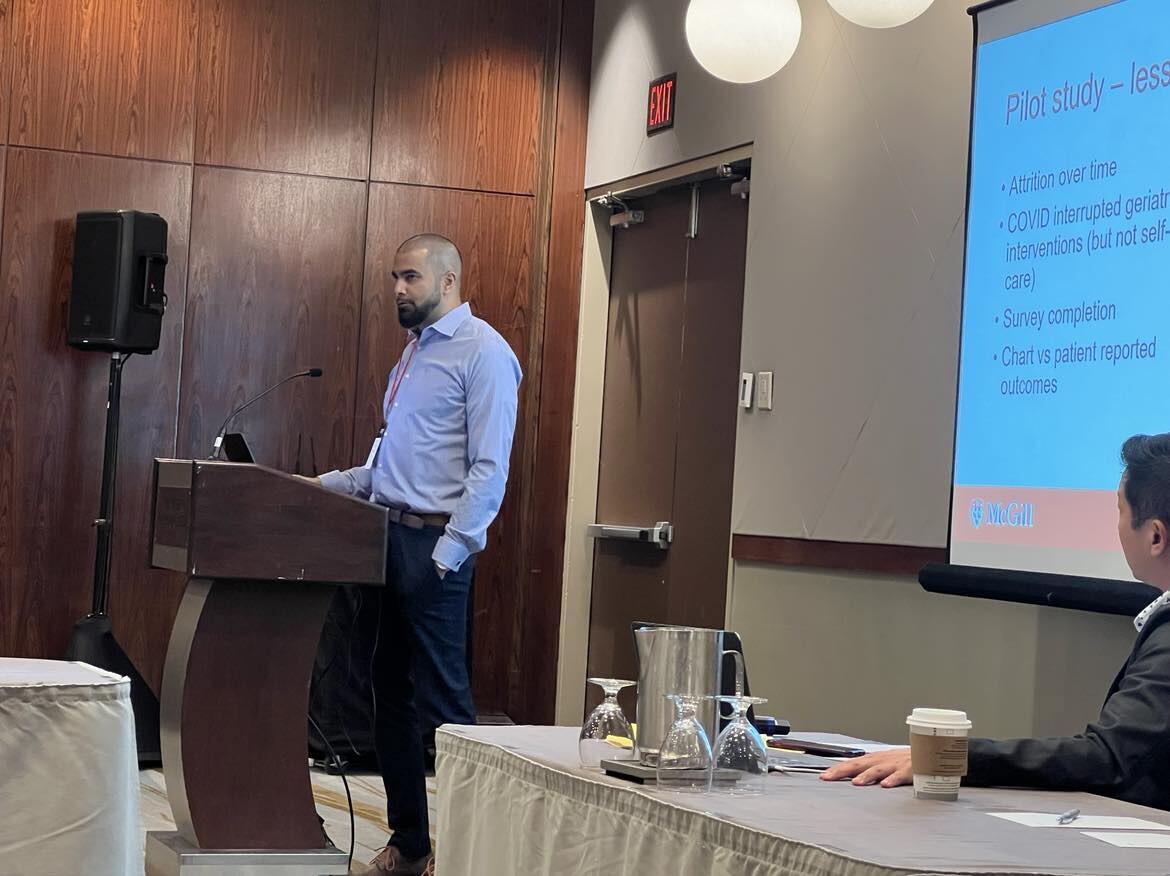NYGH Research Lead
Dr. Rohit Mohindra

The refugee patient experience in the ED
Canada's emergency care and refugee systems are at a crisis point. With the government of Canada's plan to welcome more immigrants and refugees in the upcoming years, plus the ongoing shortage of primary care resources, there is an expected increased utilization of emergency departments (ED) by refugee patients. We know refugee patients are less likely to seek emergency medical care, but when they do, they tend to have more severe stages of illness. Refugees also face unique challenges when accessing healthcare in Canada, and their experiences in the ED can vary based on language barriers, cultural differences, past traumatic experiences, and healthcare system understanding. Creating a structured model of care for refugee patients visiting EDs may help to improve overall health, satisfaction with the healthcare system, and reduce unnecessary ED utilization.
This summer, Dr. Mohindra’s ED research team launched a three-phase project to understand the refugee patient experience in the NYGH ED. First, the research team partnered with local refugee shelters and interviewed 15 patients about their experience visiting the NYGH ED. Next, Dr. Mohindra’ s team reviewed medical records to describe the demographics and common medical issues that bring patients to the ED. Finally, the team is currently surveying healthcare providers to understand their perspectives on caring for refugee patients.
The results from these projects will help to better define and understand local challenges and
barriers to accessing acute ED care for refugee patients. These results will highlight potential areas for improvement in the care of refugee patients. From this, Dr. Mohindra will plan future knowledge translation initiatives for health care providers, patient education programs for refugee centers, and improve hospital policies for refugees seeking emergency care.
Artificial Intelligence and Enhancing Technology Use in Emergency Care
Dr. Mohindra and the NYGH ED research team have also been investigating ways to incorporate machine learning, artificial technology, and other technologies to improve ED care. One example is helping to match patients presenting to the ED with mental health concerns with appropriate outpatient resources.
Currently, clinical staff use a variety of manual practices to determine referrals to the most appropriate community mental health programs as part of their discharge planning (paper lists of current providers, addresses and contacts, etc). This method of matching patients with appropriate community healthcare resources is time-consuming, cumbersome and often uses static and outdated information. Building on the power of artificial intelligence (AI) and machine learning in healthcare delivery, we will develop a new, innovative AI tool for clinical use, optimizing and standardizing the process of matching youth presenting with mental health challenges in the ED to appropriate community mental health resources. This AI tool will be part of a more extensive system of wrap-around care for supportive discharge in partnership with community-based agencies and a multi-disciplinary team of mental health-trained professionals.


